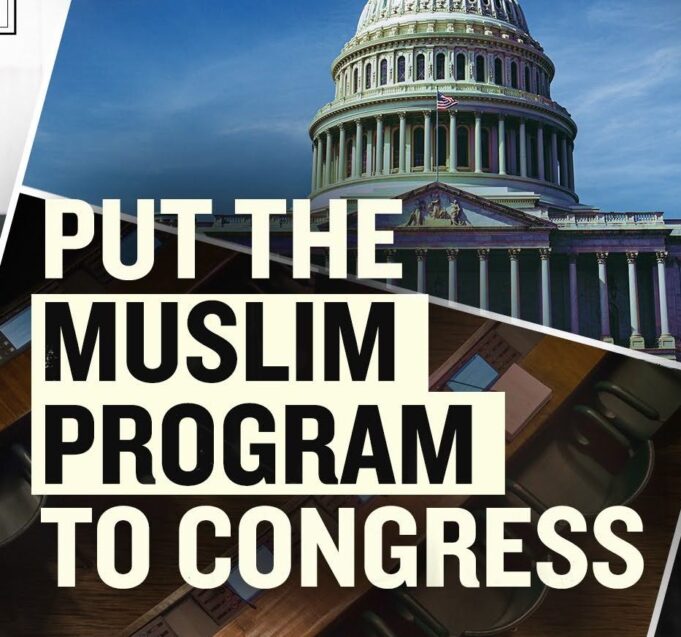Black people have been in a toxic relationship with America for over 400 years, and the vestiges of the Trans-Atlantic Slave Trade still linger. Despite the so-called progress that has been made via civil and voting rights legislation, the question still remains: what is the solution to the “Negro problem?”
While the government of America was busy passing the Civil Rights Act of 1964 and the Voting Rights Act of 1965, the Honorable Elijah Muhammad, the Eternal Leader of the Nation of Islam, released “The Muslim Program,” published in his book, “Message to the Blackman in America.”

The program consists of 10 points defining “What The Muslims Want” and 12 points defining “What The Muslims Believe.” It is part of the Constitution of the Nation of Islam and can be found on the inside back page of every Final Call newspaper.
The Honorable Elijah Muhammad presented the program as the solution to the 400-year-old problems plaguing Black people in America. The Honorable Minister Louis Farrakhan, National Representative of the Honorable Elijah Muhammad, is asking Black people to take a look at and study the program.
“Sisters and brothers, go to the back page of (this), The Final Call newspaper, and you will see ‘The Muslim Program: What The Muslims Want and What The Muslims Believe.’ I want each of you to study the program that Allah gave to the Honorable Elijah Muhammad for all of us!”
Minister Farrakhan said in an address to the Nubian Leadership Circle’s 9th Summit, held on Oct. 14, 2023. “It’s not just for Black, it’s not just for Brown, it’s not just for Muslims. It’s for every human being.”
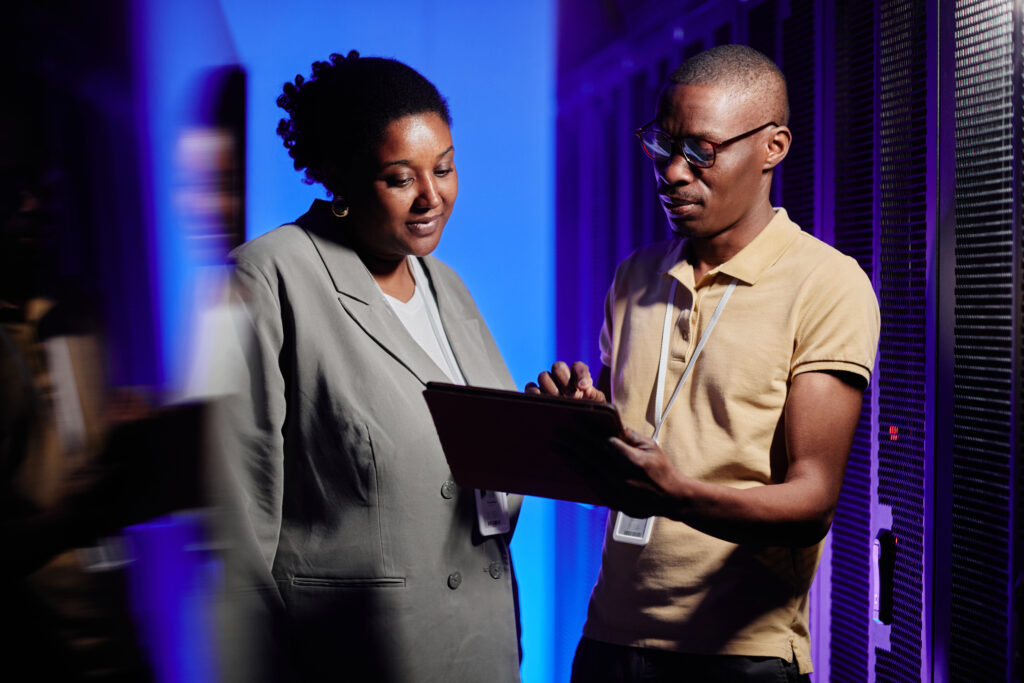
The first three points of “What The Muslims Want” address the desire for a full and complete freedom, equal justice under the law and equality of opportunity. The fourth point goes into Black people establishing a separate state or territory of their own on fertile and minerally-rich land provided by the government of America, with their needs maintained for 20-25 years.
Upon the release of their “State of Black America” 2024 report, the National Urban League held a press conference looking at “the ongoing challenges and progress made in the pursuit of a more just and equitable future.” During the press conference, Marc H. Morial, president and CEO of the National Urban League, shared that at the current pace, “parity is 180 years away.”
“What you’re saying is that nothing that we are doing, that politicians are describing, that this enemy is giving us as solutions, none of that has worked, and so therefore it’s not going to work. And so, let’s look at The Muslim Program,” Texas-based attorney Pamela Muhammad said to The Final Call.
“If you can find racial discrimination, if you can find lack of equality of opportunity, you can find no application of equal justice under the law or such a tiny amount, when you talk about access to justice, when you talk about results of Black people, then we can’t continue with those solutions that you say is going to take such an astronomical amount of time that we don’t have,” she added.
1. We want freedom. We want a full and complete freedom.
In his message to the Nubian Leadership Circle, the Honorable Minister Louis Farrakhan defined this first want as “universal.” He then asked the question, “What is a full and complete freedom?”
“When it’s ‘complete’ and ‘full,’ it gives you everything you need to be a complete human being. We want a full and complete freedom, not this foolishness that we’re talking about, here with our former slave masters and their children,” he said. “A full and complete freedom is a freedom that fully develops the talents and gifts of the human being, and shows them how to expose their gift, exploit their gift for the glory of The Giver of that gift.”

The language “full and complete freedom,” reminds Atty. Pamela Muhammad of citizenship rights. She noted how a person’s “freedom” disappears under the 13th Amendment of the U.S. Constitution if they are incarcerated.
“The numbers of incarcerated Black people or Brown people shows that we don’t have full and complete freedom. But I think even for me, just the treatment as second-class citizens, or really no citizens at all, where we are, like the Honorable Elijah Muhammad said, having to humiliate ourselves by trying to get some basic treatment and recognition,” she said.
2. We want justice. Equal justice under the law. We want justice applied equally to all, regardless of creed or class or color.
On the second point, Minister Farrakhan asked the listeners if Black people could get that type of freedom and justice under the political, economic and social systems of White America.
“If we can’t get it under them, why are we wasting time trying to be with our former slave masters in a political reality that cannot guarantee us what we need to be ourselves?” he asked.
“So, when we say, ‘No justice, no peace!’ Well, you haven’t had no justice, so now you don’t have any peace. What good is life when you don’t have peace? So how do you get peace?” he further added. “You get peace by living and setting up a system of laws that are in harmony with your nature; laws that cause you to grow like this body grew.”

Atty. Pamela Muhammad provided the U.S. government’s definition of “equal justice”: the impartial enforcement of laws regardless of race, poverty level and gender and people being held equally accountable. “But,” she said, this definition is “illusory,” when one considers the arrest rates, the disproportionate targeting of Black communities, stop and frisk, bail, and even the suppression of free speech.
She also mentioned how the U.S. Justice Department has issued report after report on the over-arresting, targeting, stop and frisk policies and humiliating tactics rampant in Black communities.
3. We want equality of opportunity. We want equal membership in society with the best in civilized society.
Minister Farrakhan again asked if Black people could get equality of opportunity under America’s social, political, economic and religious systems.
“I don’t think so. Do you? Well, how necessary is equality and justice and freedom to our being a living people? See, if you want freedom and you want justice, then you must ‘want equal membership in society with the best in civilized society,’” he said.
Atty. Pamela Muhammad referenced an article by the Honorable Elijah Muhammad to say that Black people should not be humiliating themselves in seeking freedom, justice and equality.
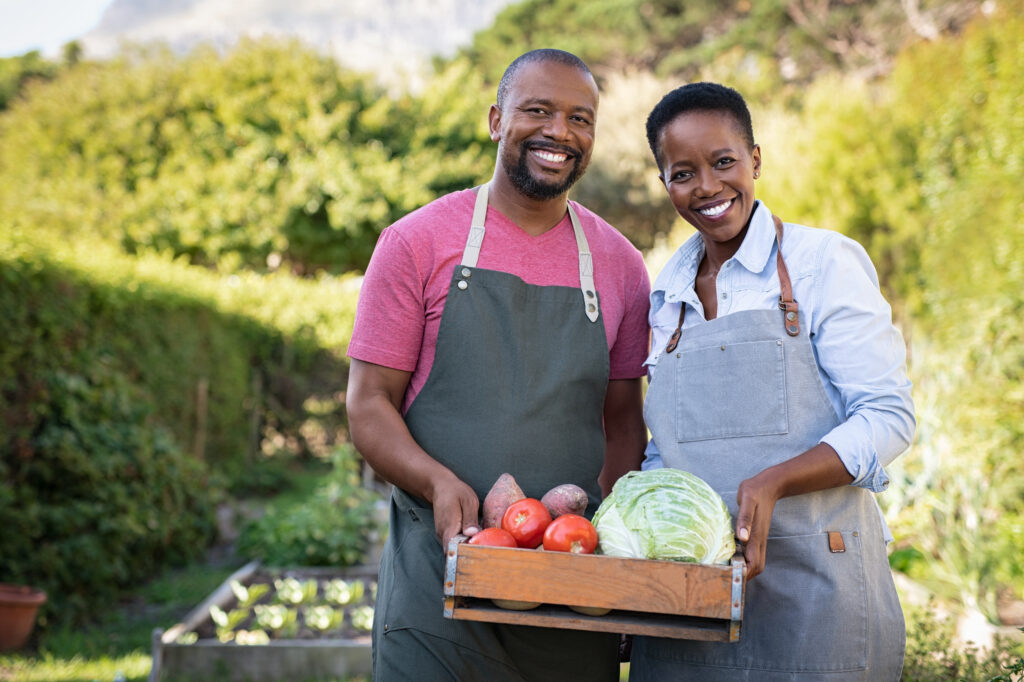
“(The Honorable Elijah Muhammad) was really saying, if we want freedom, justice and equality, we must look for it among ourselves and our own kind, not among the people who have destroyed and robbed us of even the knowledge of ourselves,” she said. “We can provide those things for ourselves by working together and building our communities, our economic systems, our structures.”
And if “we can’t get freedom, justice, and equality in this system of things, that says we have to separate from this,” Minister Farrakhan said. “‘Separation’ is not an ugly term; it’s what we do when we can’t get along with each other.”
4. We want our people in America whose parents or grandparents were descendants from slaves, to be allowed to establish a separate state or territory of their own–either on this continent or elsewhere.
We believe that our former slave masters are obligated to provide such land and that the area must be fertile and minerally rich. We believe that our former slave masters are obligated to maintain and supply our needs in this separate territory for the next 20 to 25 years–until we are able to produce and supply our own needs.
Since we cannot get along with them in peace and equality, after giving them 400 years of our sweat and blood and receiving in return some of the worst treatment human beings have ever experienced, we believe our contributions to this land and the suffering forced upon us by white America, justifies our demand for complete separation in a state or territory of our own.
The Minister emphasized the belief that America is obligated “to provide that kind of land as part of reparations.”
“You must have land,” he said.
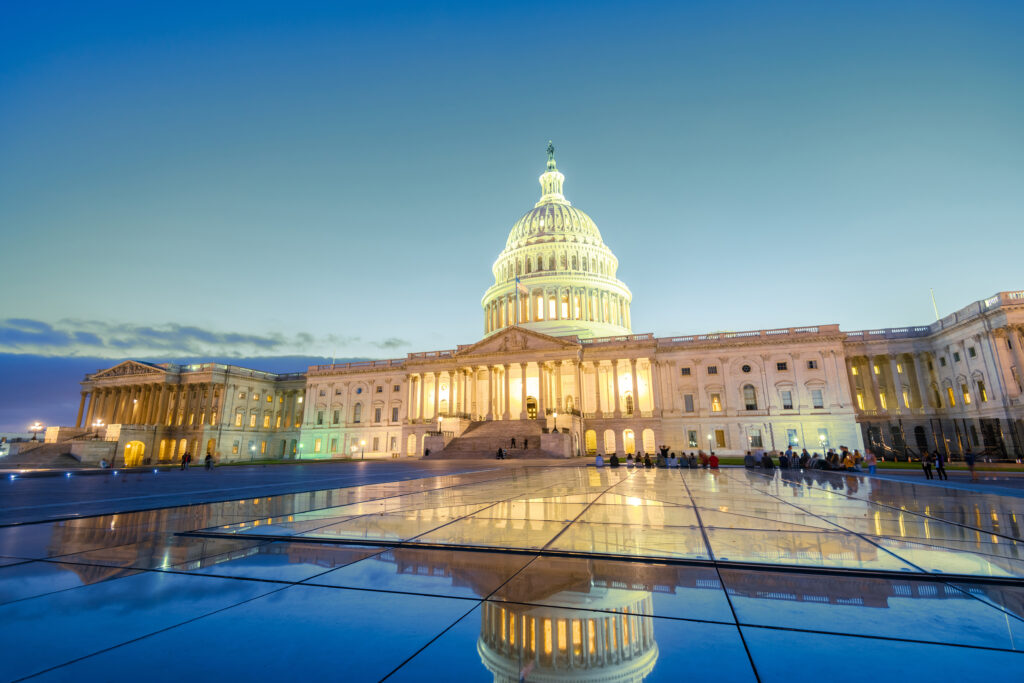
Atty. Pamela Muhammad believes The Muslim Program lays out the tenets for real justice and equality. She recalled words from the late Student Minister Dr. Ava Muhammad, who served as Student National Spokesperson for Minister Farrakhan.
“She would say that the separation paragraph … comes naturally as number four because when you’re denied, one, two and three, justice, equal justice, equal opportunity, freedom, then this is what the remedy should be,” Atty. Pamela Muhammad said.
She emphasized the need for Black people to build communities and become involved with one another’s pain and suffering. “I can only go with what I used to hear Sister Dr. Ava Muhammad say, and … one of her concepts was that we can overpopulate certain areas by moving together in proximity of one another and building communities as opposed to the whole integration model, where people are so far from each other. You’re so separate and apart wanting to live amongst other than your own,” she said.
Sadiki Kambon is a longtime activist and convener of the Nubian Leadership Circle. He shared that Black people have the brainpower to acquire the first four points of “What The Muslims Want”; they just need the willpower.
“We’ve got the financial power. Our GDP is $1.4 trillion as Black people. We can’t say that we’re poor. We just make poor choices,” he said to The Final Call.
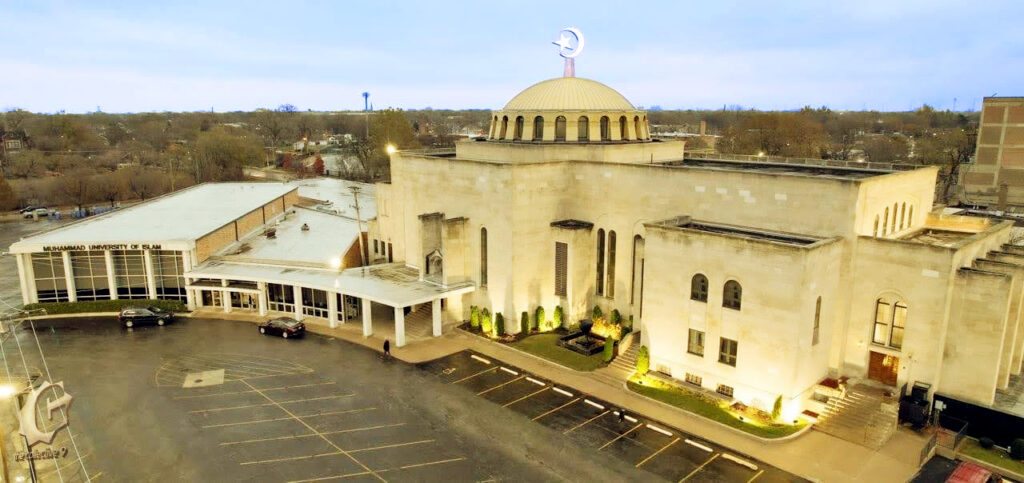
He described the points—full and complete freedom, equal justice, equality of opportunity and a separate state or territory—as a package deal.
“We have to be about that if we’re going to be out here and do what’s necessary for us,” he said. “We have what’s necessary within the context of our own community to do what we need to do for us. We can have our own schools, hospitals.”
He listed reinstituting weekend family dinners in Black households as a way to implement the ideas present in The Muslim Program. “Everybody has to be at that table to talk about what we’re going to do as a family and how we contribute to the overall Black society,” he said.
Cardia X is a full-time certified police officer in the state of Illinois and also described the points as a package deal.
“There can be no freedom in a society that does not impose just law to ensure that all in that society are free to grow and develop in accord with their God-given gifts and talents. In order for law to be just, it must be impartial and applied equally to everyone in the society. Justice applied equally to all in the society allows for equality of opportunity.
It allows everyone in society to take advantage of the opportunities that Almighty God Allah blesses us with to improve our personal condition, our community, our nation and our world,” he said via a written response to The Final Call.
“These three principles are a package deal, and you can’t have one without the others. The fourth point is really the only way you can get the principles mentioned in one, two and three. Point number four is the foundation of our program and is the only way we will attain what it is we want in this world.”
He noted that Allah (God) Himself is “feeding the people’s desire for separation because it is the only just solution to the problem between the two people,” referring to Blacks and Whites.

“As long as we resist the idea of being separated and doing for self, we will never be successful. Once we accept that we are all we have and look to Allah and self to solve our problems, our progress will be unlimited,” he said.
Overall, Mr. Kambon is in full agreement with the points laid out by the Honorable Elijah Muhammad in The Muslim Program.
“The bottom line I tell people is, folks at some point, I don’t care what their political perspective is, they’re just going to have to acknowledge the fact that that’s the only path we can take,” he said. “When you say what Muslims want, it’s what Black people need in general. There’s nothing in there that I disagree with.”
Putting the program before Congress
The Honorable Elijah Muhammad wrote in “Message to the Blackman” that the Muslim Program “should be put before Congress.”
“The Civil Rights Bill and integration will not stand and can never bring independence to you and your people, no matter who is President,” he wrote.
Brother Jabril Muhammad, a Nation of Islam Minister and companion of the Honorable Elijah Muhammad and Minister Farrakhan once asked the Minister about what would lead to the presentation of “the program” to Congress. Brother Jabril wrote about this in his Farrakhan the Traveler column in an article titled, “Putting the Muslim Program Before Congress,” in 2008.
Minister Farrakhan responded that “such a program” has to be implemented that would “bring the best out of us and the worst out of our enemies.” The enemy’s anger at Black people’s sincere commitment to ease the horror of 300 years of chattel slavery would manifest and expose “that they are our open enemy,” Minister Farrakhan said. Once this is done and the sincere efforts of Black people “to do for self are opposed,” then “the idea of separation from them becomes clearer, more palpable, and more realistic.”
“This will lead to clashes. It will have to, because if you would oppose us to do something for self, then we have to fight. We have no other alternative. You are strangling us with the economic situation that we’re under. When we try to relieve ourselves of that burden, you further want to strangle us,” Minister Farrakhan said.
“Then we are in a life-or-death struggle. We’re already dead. So, you will die too, and we will die. Then out of the bloodletting (blood shedding?) the idea would come up: What can we do, to end the bloodletting (blood shedding)?”
“Then Congress can be brought in, and the program put before Congress. But that’s going to take what I just said to bring it about,” he concluded. This will be the first in an occasional series of articles that will examine The Muslim Program.












